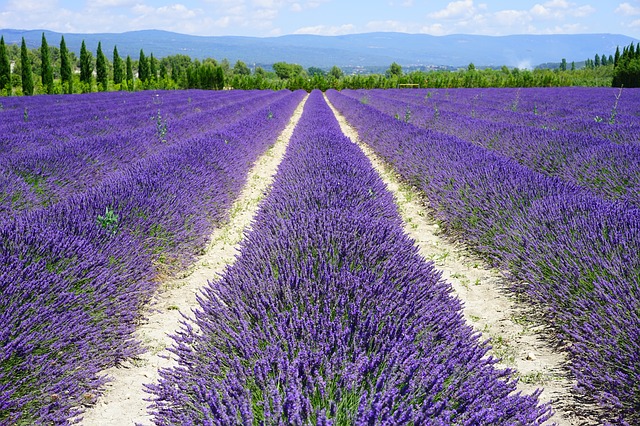The problems associated with cultivation of medicinal plants are in no way different from those associated with other agricultural crops. For success in cultivation of medicinal plants, as in others, the following factors that influence cultivation and crop production should be taken proper care of The factors that often create great problems for cultivation may be roughly divided into two groups:
- Climatic factors
- Ecological factors

Climatic Factors
Climatic conditions under which a plant naturally grows must be available in a place where the particular plant is intended to be cultivated. These are not readily available everywhere and are not easy to reproduce. The climatic factors that directly affect the growth of a plant include
- Altitude
- Temperature
- Sunlight
- Rainfall
Altitude: Altitude refers to the specific elevation of a land surface in comparison with the sea level. This factor influences the growth of plants very seriously and thus plants of different altitudes vary greatly from each other in type, nature and constituents. A plant of the higher altitude cannot therefore be profitably cultivated in a land of lower altitude.
Temperature: Temperature influences plant growth considerably. Plants growing in a tropical climate do not normally survive in a temperate region.
Sunlight: Sunlight or length of day or photoperiod plays a significant role in plants’ growth and production of chemical constituents. Short-photoperiodic plants do not grow well under longer photoperiodic condition.
Rainfall: Rainfall determines the type of vegetation of a region. Every plant requires enough rainfall for its growth and survival, but the requirement varies from plant to plant. While rainfall is an important factor for plant growth, heavy rainfall or drought is highly detrimental to their growth, particularly under cultivation.
Ecological factors
Ecological factors like soil condition soil pH and associated plant growth (weed) are of great importance in the cultivation of plants. Soils differ from each other both in physical and chemical properties and may be a clay or loamy soil. The loamy soils may be either sandy loams or loamy sands. These different soils have different water retention capacity, which determines the type of plants grown or cultivated in them. Selection of the correct type of soil, which is not always practicable, is very important in the cultivation of various plants including the medicinal ones. Weeds often pose a serous problem in the cultivation of medicinal plants. They affect the crop adversely in a number of ways:
- Use up the essential food elements and manures used for cultivation and thus compete with the drug plant;
- Prevent sunlight reaching the drug plant;
- Choke the drug plant by occupying essential land space;
- Introduce difficulty in collection and contaminate the collected drug, and
- Attract and harbour insects, fungus and other microorganisms.

